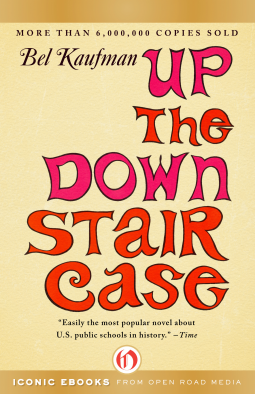Yamada Monogatari: Demon Hunter
by Richard Parks
Diamond Book Distributors
Prime BooksRichard Parks has been scribbling speculative fiction for decades with fiction nominated for the World Fantasy, Locus, and Mythopoeic Awards, not to mention short fiction appearing in multiple year's best anthologies. Yamada Monogatari may be one of his crowning achievements.
These tales originally appeared in Shawna McCarthy's Realms of Fantasy and Scott H. Andrews's Beneath Ceaseless Skies, reprinted by Scott H. Andrews, Eric Flint, Paula Guran, Rich Horton, Mike Resnick, Rachel Swirsky, and Sean Wallace. For some reason, I thought the stories were all original and was surprised that they had not drawn more attention, but clearly, hawk-eyed editors spotted the strength of these works.
As the collection title suggests, Yamada Monogatari is a demon hunter, or any supernatural creature menacing the people of Japan. He is a nobleman, but not high enough to be embroiled in messy politics--an outsider with swordsmanship that makes him an excellent hire to investigate awkward family troubles.
Along the way, Lord Yamada picks up a sidekick: Kenji, a priest who drinks too much, neglects bathing, and takes too much interest in the fairer sex. None of which recommends his companionship except his willingness to accompany Lord Yamada on these journeys and ability to create wards and spells when needed.
The duo occupy the same literary ambiance of Sherlock Holmes and Dr. Watson with similar charms--except the present company investigate supernatural troubles in Japan, rather than crimes in England. They both present fascinating literary riddles and resolve them, if without providing enough clues for readers to unravel the knots themselves. We are just along for the thrill of the ride. And what a ride.
Here are teasers for the ten stories:
- A fox woman seems to have run off with her son. The father wants his son back....
- Lord Yamada's former lover, now empress, has been implicated in a scandal....
- An ogre menaces wayfarers wandering the countryside; however, she seems uninterested in harming any of them except....
- Lord Yamada is kidnapped by his friends and the prince in order to dodge a goddess who sends tsunami of boiling water who seeks devoted follower who abandoned her....
- The daughter of a ghost bandit won't allow Lord Yamada and Kenji to exorcise the ghost....
- A dead child's bride doll is stolen--it is meant to accompany the child as a companion in the afterlife. Is a rival family trying to stir things up? or something more sinister causing the upheaval?
- The bones of would-be robbers lie outside a mansion, left by the ghosts who guard it....
- The seven-foot tall corpse of a demon has been stolen, taken from the family of famous demon hunters.... (especially good--perhaps for its implications)
- A faceless ghost haunts the walls of a nobleman's compound, but this is no ordinary ghost....
- Finally in a fitting finale, characters from earlier stories come together. The fox woman, the ghost of a princess join Lord Yamada, Kenji, and others to protect the upcoming emperor from a plot against him....
I'd have given this five out of five stars but for a few small matters. Two of stories are minor. This alone wouldn't be fair to downgrade a collection since the rest have a curious "dimensionality," thanks to narrative events that seem initially arbitrary but later take on new meaning. The main drawback is that the stories could have built toward a more novel-like experience. Characters do recur, and there are some changes in character. Lord Yamada shows he has loved and slows his heavy drinking. But the changes are minor--little more than one finds in Arthur Conan Doyle stories.
Still, we read Sherlock Holmes nearly a century and a half later. It wouldn't surprise me if Yamada Monogatari scratches that same itch. I am surprised it was not nominated for awards the year it appeared.





